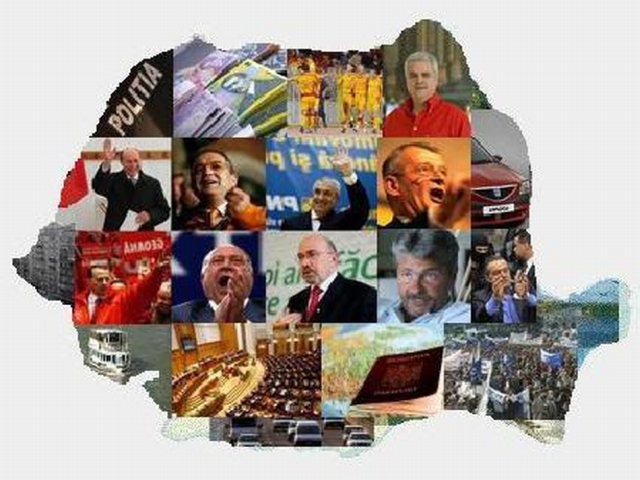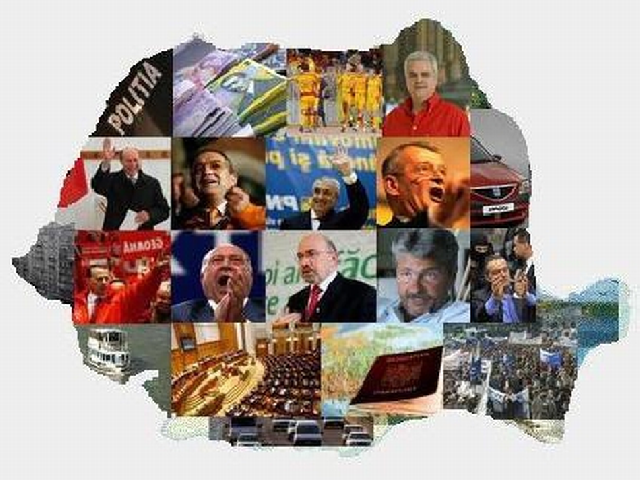EUROPEAN UNION – British Premier David Cameron has said he will announce a date for the referendum on whether Britain should remain in the EU later today, after a meeting of his Cabinet. The agreement on renegotiating the UKs EU membership was announced by European Council president Donald Tusk. After two days of talks in Brussels with other EU leaders, Cameron said the EU provided the concessions he sought, including assurances that the other nations wont try to make Britain part of a “European superstate.” According to the British premier, there will be tough new restrictions on access to his country’s welfare system for EU migrants. World leaders praised the deal, with German Chancellor Angela Merkel saying the EU leaders clearly wanted Britain to stay. President Klaus Iohannis, who represented Romania at the summit, has said that Romanians currently working in the UK will not be affected by the deal, which only affects workers that will enter the British labour market after its enforcement.
LAW – The Romanian Justice Ministry jointly with the Anti-Corruption Directorate (DNA), the Direction for the Investigation of Organized Crimes and Terrorism (DIICOT) and the General Prosecutor’s Office are working on a bill allowing public bodies to further access private communications. The Constitutional Court has recently ruled that several provisions of an article in the Criminal Procedure Code violate the fundamental law, such as the ones allowing the Romanian Intelligence Service to tap suspects’ phone calls. Justice Minister, Raluca Pruna, has said that the bill will be ready by the time the Court publicly motivates its ruling, so that there will be no legislative gaps with negative effects on the ongoing criminal investigations.
HEALTHCARE – The haemolytic uremic syndrome in a 1-year old from eastern Romania, currently treated in a hospital in Iasi, has not been confirmed, Romanian health authorities announced. On Friday, the Romanian PM, Dacian Ciolos, and the healthcare minister, Patriciu Achimas Cadariu travelled to Arges County, in the south, where several cases of serious digestive problems had been reported among children. On Thursday two foreign experts came to Romania in an attempt to identify the source of the bacteria that caused the digestive problems in children. We recall that three children died this month due to serious digestive infections followed by major complications and seven children are being treated in a Bucharest hospital, having been diagnosed with the haemolytic uremic syndrome.
UNITED NATIONS – Russia regrets the fact that the United Nations Security Council rejected its bid to halt Turkeys military actions against Syria, Kremlin spokesman Dmitry Peskov said. He has given assurances that Moscow will continue supporting government forces against what it calls “terrorists.” Russia considers such cross-border shelling that Turkey is carrying out as unacceptable, Peskov also said. Turkey has intensely bombed areas in the northern province of Aleppo, controlled by the Kurds, which it sees as responsible for Wednesday’s bloody attack in Ankara. Turkey has pleaded for the international coalition’s ground military intervention in Syria.
FILM – The feature film “Illegitimate” directed by Romanian Adrian Sitaru has a final screening today at the Berlin International Film Festival. The film, which had its world premiere late last week, has received big hands of applause from the public and appreciative reviews by international journalists. “Illegitimate”, one of the most daring and thought-provoking Romanian films in recent years, tells the story of two brothers and their illegitimate love. The Berlin International Film Festival started on February 11 and runs until February 21.
HANDBALL — Romania’s vice champion women’s handball team, HCM Baia Mare, on Friday qualified to the Champions League’s quarter finals, after defeating, on home turf, the German team Thuringer HC, 38-27, in the main Group 1 of the Champions League. In the same competition, but in the 2nd main Group, the champions CSM Bucharest will take on the Danish team FC Midtjylland, on Sunday, in an away match.
(Translated by Elena Enache)

